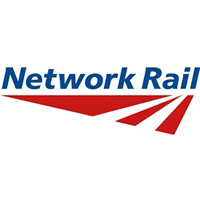Company DetailsWe run, maintain and develop Britain’s rail tracks, signalling, bridges, tunnels, level crossings, viaducts and 17 key stations. Planning and operating the railway One of our most important responsibilities is to continually improve the railway so that it delivers great value for taxpayers and users - we achieve this through our role as system operator A system operator plans and operates the network seamlessly. It also ensures all current or potential future train operators, whether they carry passengers or freight, are treated fairly when they use or seek to use the railway. We want to be as effective as we can be as system operator, which is why we are trying to improve how we choose where to invest, and how we timetable trains to make best use of the network. In particular we: a) Plan how to meet future demand on a whole network basis using our Long Term Planning Process – building on the success of our Route Utilisation Strategy (RUS) programme. By arranging ourselves in ten routes supported by central system operator functions, we have improved our ability to work closely with all train operators in performing these activities. |
|
Enter your email address and we'll email you jobs like this!

